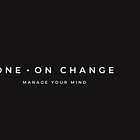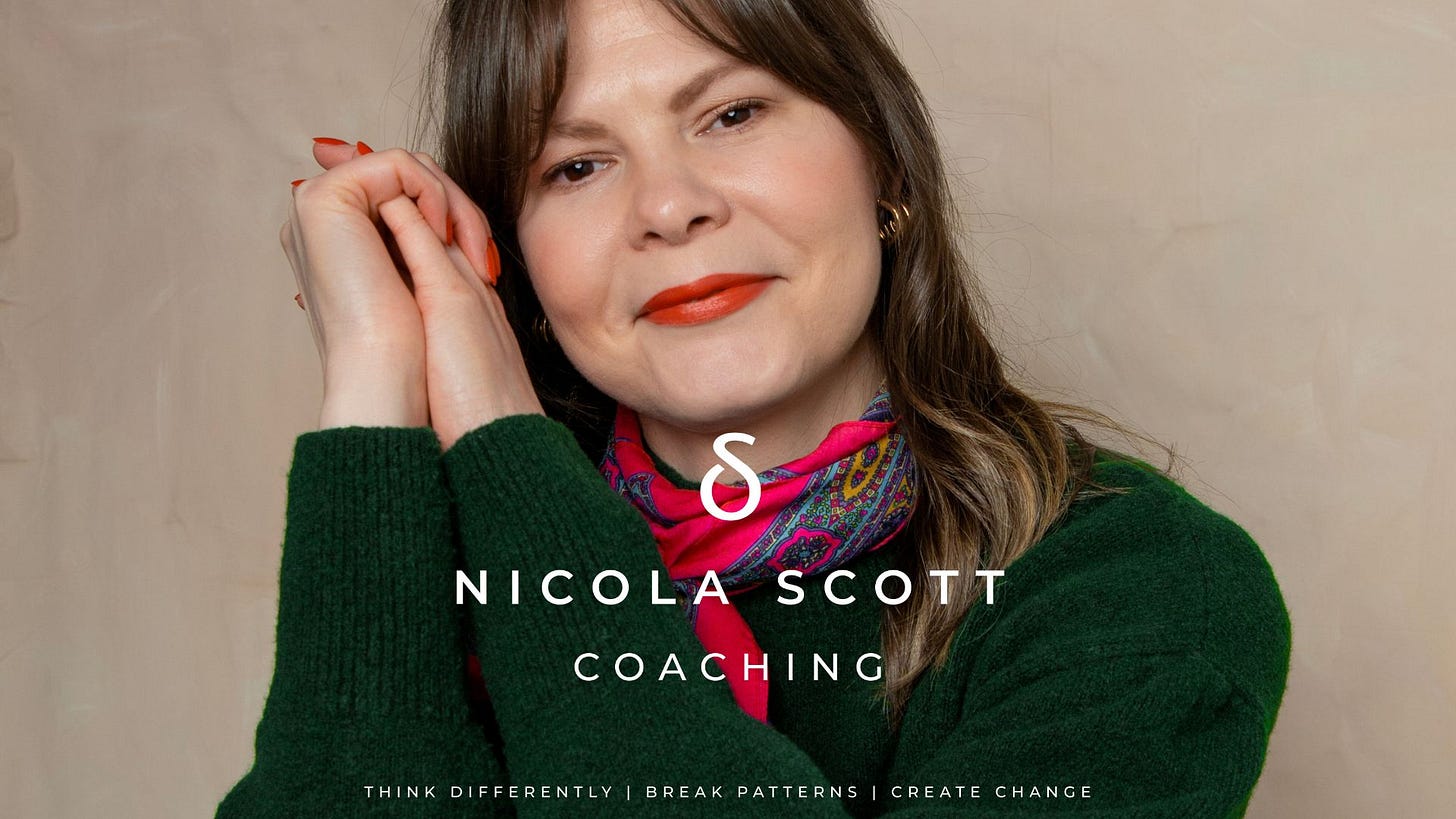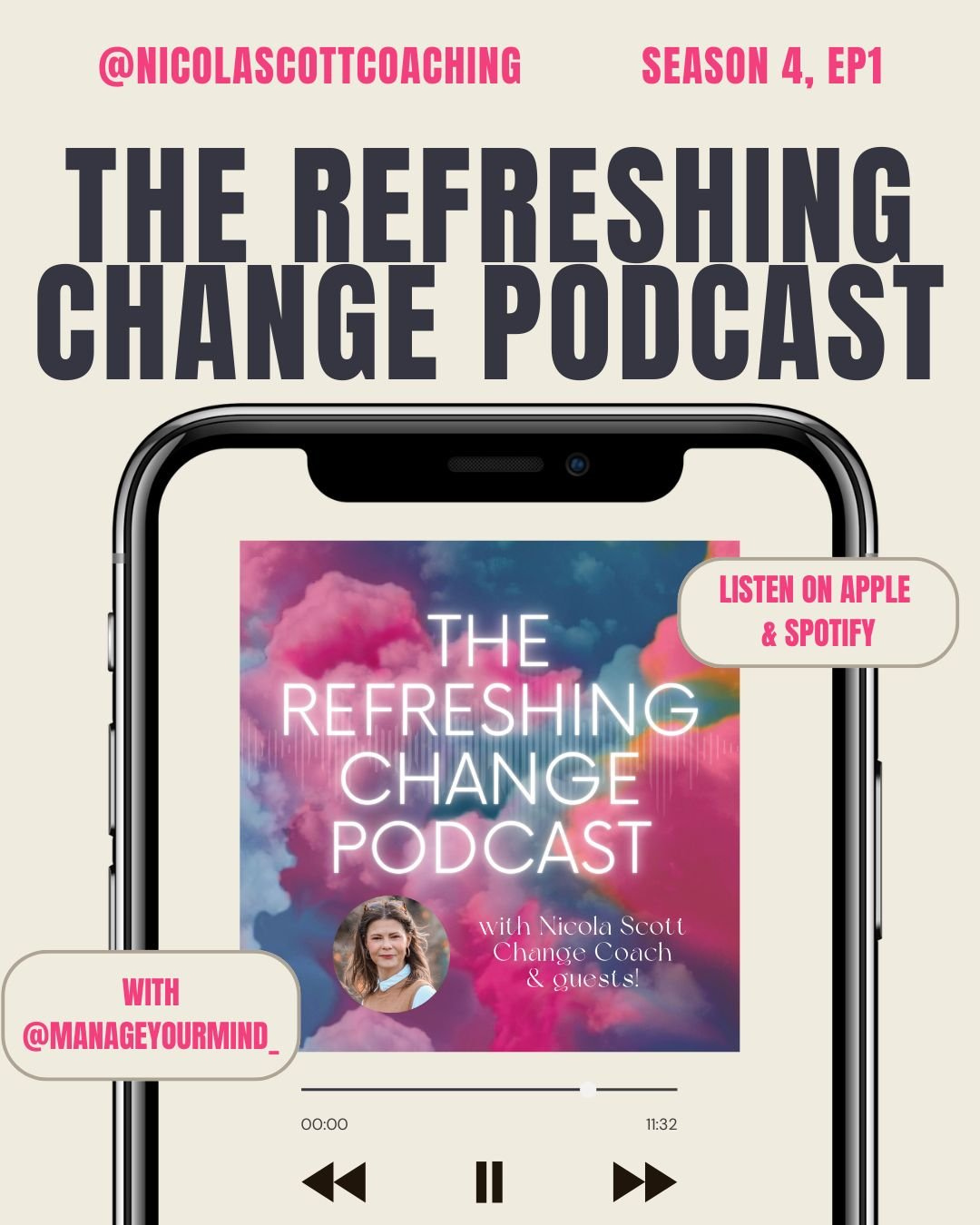Journal entry four from my conversation with Nicola Scott on her podcast The Refreshing Change is on thought and emotion. You can listen to this section of our discussion, along with some accompanying thoughts, below. You can also listen to the full episode on Apple, Spotify or at nicolascottcoaching.com.
Four • On Thought and Emotion
There is a prevailing need nowadays to identify ourselves with our thoughts and emotions. We all do it to a certain degree.
“I am an [insert thought/emotion here] person.”
As human beings we’ve always had a propensity to identify ourselves with or as something - jobs, careers, hobbies, interests. But the emerging, perhaps even dominant identifier in the 2020’s appears to be with the way our minds work - or ‘don’t’.
To some degree I see this as a psychological safety mechanism. If I can characterise myself as an anxious/depressed/emotional/angry/scatter-brained individual then I can pre-empt anybody else, including you, labelling or judging me on my behalf.
I understand why we do it. It is not for me to say whether it is right that we do, or wrong, or whether we should be indifferent to it. But I do put forward another model for consideration.
Instead of thinking or saying ‘I am an anxious person’ we can reframe this and say, if we choose: ‘I experience anxiety’.
In this way, we are not wholly identifying with and embodying one dominant thought or emotion over another. Instead, we are saying ‘I am a human being and this is one of the things I feel as part of a wider set of human experiences’. This has the regulating effect of putting your experience into context and not letting it overwhelm you or your other experiences in a detrimental way. I also think it gives the other person - the one who was apparently about to judge you, remember - the opportunity to see you and experience you in a much more rounded, much more accurate way than just the one or two ‘negative’ ways in which you might characterise yourself on their behalf.
I think this approach has the power to completely reframe your relationship with whatever your dominant thoughts, emotions or personal characteristics may be, giving you a good degree more agency in how you identify with them, how you respond to them and how they show up for you at a surface level.
MYM Journal discussion points from The Refreshing Change
This was recorded before I launched MYM as a practice - at the time, it was only an idea with a fledgling podcast (How To: Manage Your Mind). It was also before I undertook any formal training in mindfulness, meditation and hypnotherapy. How time flies…
Given the depth of conversation and how the ideas informed my thinking over the resulting 12 months I’m taking the opportunity to break it down into a series of MYM Journal entries landing with you on a Saturday morning for some light weekend consideration.
You’re always welcome here.
JR









